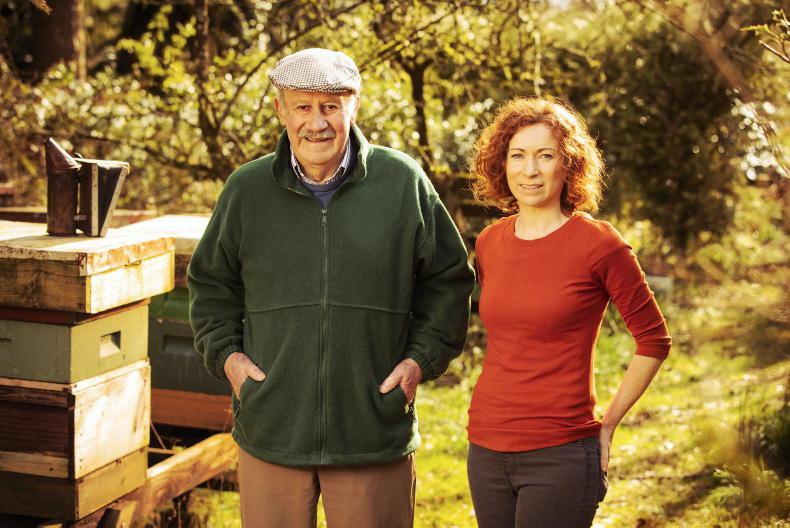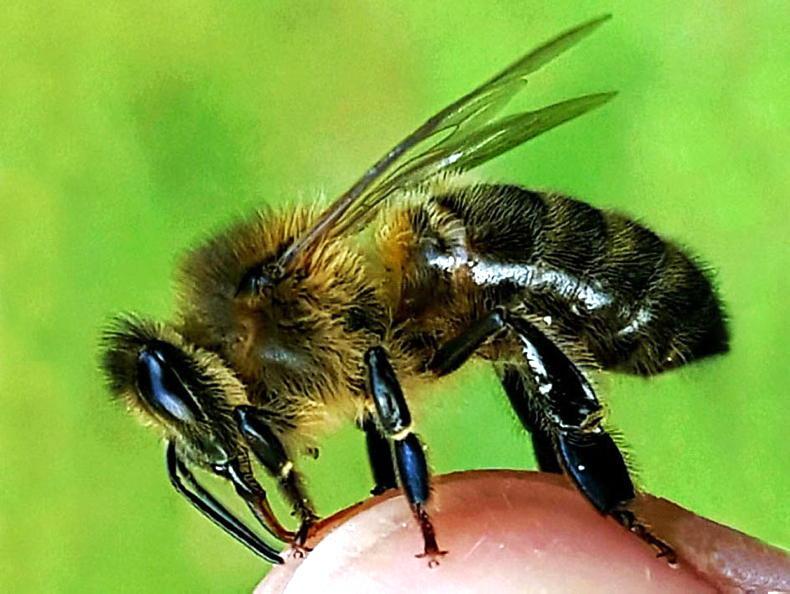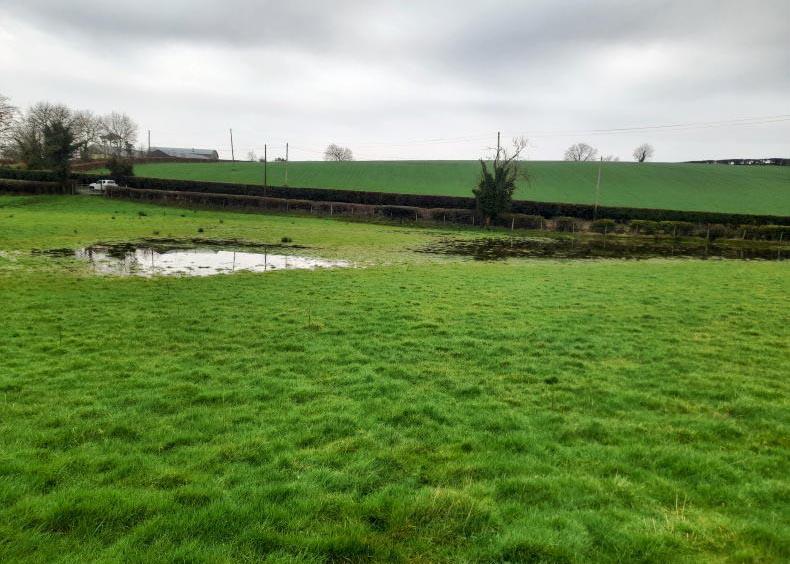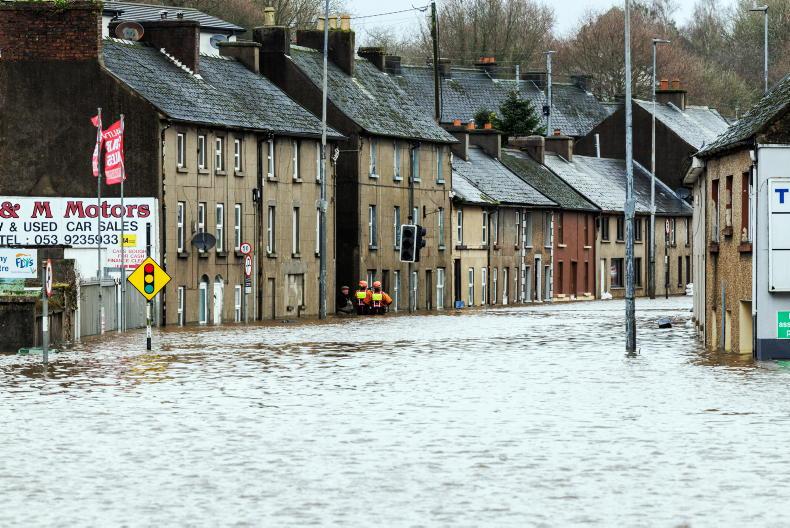A Roscommon community claimed the European Bee Award for 2020 recently.
The National Federation of Group Water Schemes (NFGWS) Source Protection Pilot Project in Co Roscommon took the accolade in the land management practices category for its ‘Let it Bee’ initiative.
The pilot project in Roscommon aimed to educate the public on how the environment surrounding the water source affects the quality of drinking water in taps and how improving biodiversity can affect this.
Taking action
Beehives were distributed to local farming families and trees were provided to 88 primary schools in the county as part of the project.
A pesticide awareness campaign was aimed at domestic use, entitled ‘I’ve planted a tree and my garden is pesticide free’, while farmers also implemented measures to protect water courses and create habitats for pollinators.

Rory Durr from Corracreigh GWS. As one of the families taking part in the ‘Let It Bee ‘ initiative, the Durr family are now proud beekeepers. \ NFGWS
The awards are organised by the European Landowners’ Organisation and the ceremony ordinarily takes place at the European Parliament.
President of the jury of the European Bee Award Michael Garratt stated: “The ‘Let it Bee’ project is a really exciting and innovative project.
"The European Bee Award panel was really impressed with the diversity of activities the project has undertaken and that it looks to support not only wild pollinators and managed bees, but also deliver wider biodiversity and water quality benefits too.
"The engagement of such a wide range of stakeholders through this project and the number of schools involved in the ‘I've planted a tree’ initiative is a real strength.”
A Roscommon community claimed the European Bee Award for 2020 recently.
The National Federation of Group Water Schemes (NFGWS) Source Protection Pilot Project in Co Roscommon took the accolade in the land management practices category for its ‘Let it Bee’ initiative.
The pilot project in Roscommon aimed to educate the public on how the environment surrounding the water source affects the quality of drinking water in taps and how improving biodiversity can affect this.
Taking action
Beehives were distributed to local farming families and trees were provided to 88 primary schools in the county as part of the project.
A pesticide awareness campaign was aimed at domestic use, entitled ‘I’ve planted a tree and my garden is pesticide free’, while farmers also implemented measures to protect water courses and create habitats for pollinators.

Rory Durr from Corracreigh GWS. As one of the families taking part in the ‘Let It Bee ‘ initiative, the Durr family are now proud beekeepers. \ NFGWS
The awards are organised by the European Landowners’ Organisation and the ceremony ordinarily takes place at the European Parliament.
President of the jury of the European Bee Award Michael Garratt stated: “The ‘Let it Bee’ project is a really exciting and innovative project.
"The European Bee Award panel was really impressed with the diversity of activities the project has undertaken and that it looks to support not only wild pollinators and managed bees, but also deliver wider biodiversity and water quality benefits too.
"The engagement of such a wide range of stakeholders through this project and the number of schools involved in the ‘I've planted a tree’ initiative is a real strength.”










SHARING OPTIONS